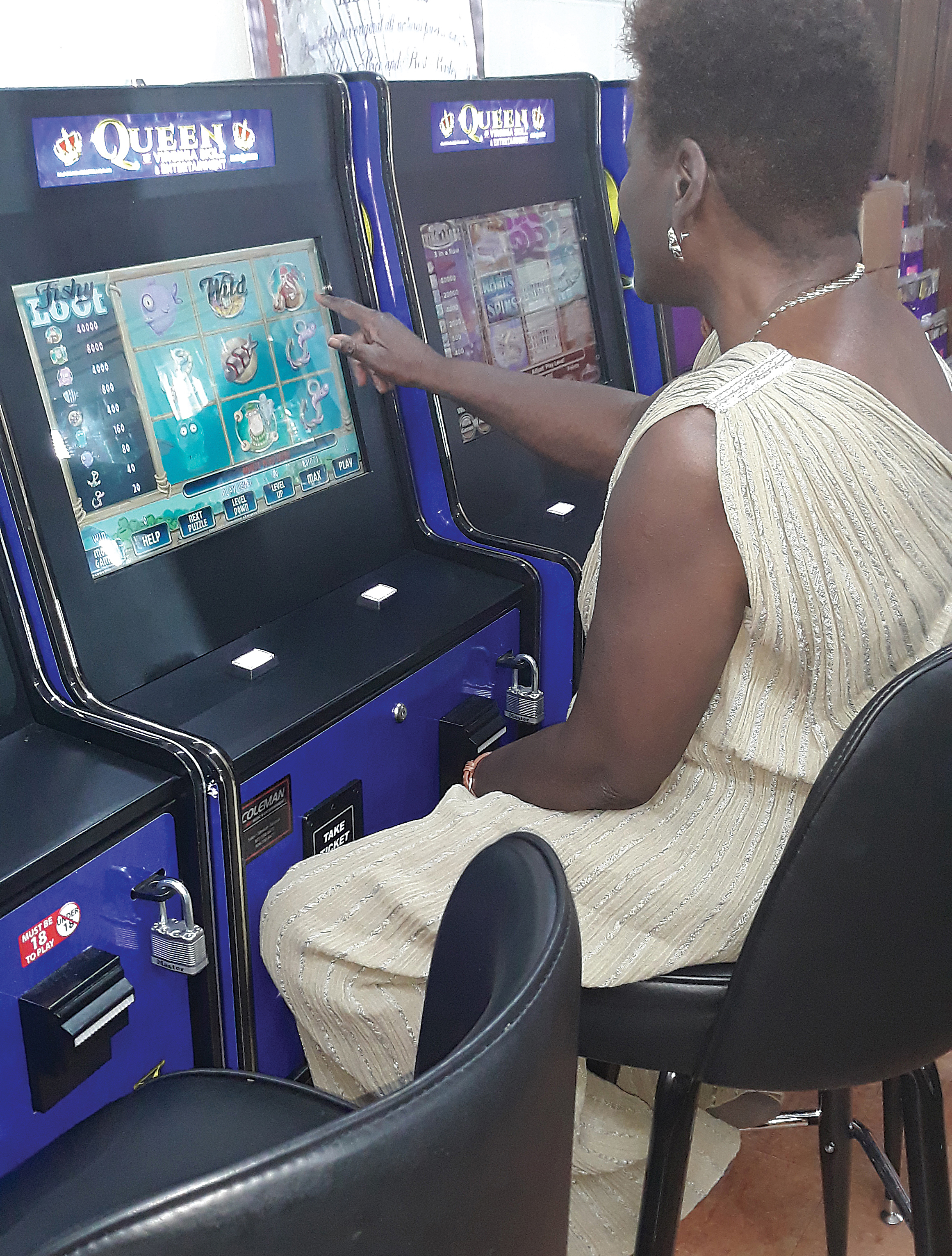
Operators on the latest C Store Distributors News Top 25 Wholesalers list combined to hit sales of $58.1 billion during the last fiscal year. This increase of 2.6 percent continues a pattern of slowed growth over the past several years, from 7.4 percent in 2010 to 4.4 percent in 2011. These convenience store supplies will help you maintain a clean and sanitary business that will make your customers feel welcomed. You’ll find toilet paper, dispensers, and deodorizers to use in bathrooms, as well as replacement light bulbs that will keep your convenience store equipment operating at full potential.
The house wins yet again, this time in a legal fight over video gambling terminals. Under a state Supreme Court ruling, the City of Clarkston will no longer be able to write tickets to store owners for selling packaged alcohol and offering gambling on video terminals under the same roof.
The justices' March 21 decision invalidated a City of Clarkston ordinance that aimed to keep the touch-screen versions of old one-armed bandits out of convenience stores.
The machines in the case are the ones that are a little smaller than an old arcade game and offer match-em-up games. Prizes can be paid out in store merchandise, but not cash.
Some Clarkston officials have been rather unhappy about the machines in the city. They have said that residents in the tight-knit but relatively poor city want fewer machines and more regulations on them. Leaders have also argued that dusty shops frequented heavily by gamblers are not the kind of economic development the city wants. Nor do they want convenience store alcohol cases serving as illegal mini-bars for people who stand around and gamble.
For the gaming industry and 42 convenience stores, the case was important enough for them to file an amicus brief on behalf of /atlanta/clarkstons-war-against-video-slot-machines/Content?oid=14990978the Clarkston store owners whose ticket turned into a test case. (Attempts to contact the store owners for comment were not immediately successful. We'll let you know if things change.)
If Clarkston’s ordinance had been ruled A-OK, other cities might have looked into doing something similar. That would have forced stores to choose between lucrative alcohol sales and lucrative gaming. But in this case, the Supremes said, the statewide law that permits and regulates video gambling does not allow cities and counties to make a law like Clarkston did.
“It clarifies the landscape of what you can and cannot do, that’s really what we’ve always been after,” said Les Schneider, counsel to the Georgia Amusement and Music Operators Association, a state trade group that includes machine owners. He is also one of the industry's lobbyists at the state Capitol. He said the organization is happy with the unanimous decision.
“But at the same time, we have reached out to the folks in Clarkston to try and sit down with them and address what can be done with any problem locations that may exist in that city,” Schneider said.
Like lottery dollars, video gambling dollars help bankroll Georgia's Pre-K and HOPE programs, though the payoff isn't great compared to other games. For video terminals, the state's take is rising and will max out at 10 percent of revenue in 2020. But overall, lottery games send about 25 percent of revenue back to education.
Clarkston has passed other limits on what are technically called “coin-operated amusement machines,” such as banning them near schools. On March 1, city council approved a requirement that says a shop can not get more than 50 percent of its revenue from COAMs. That 50 percent limit is meant to shut down places that operate like mini-casinos, leaning on gaming rather than other goods to pay the bills.
But Clarkston Mayor Ted Terry said enforcement of those complex laws is costly.
“We’re going to have to deal with the … issue of liquor stores having gambling machines, we’re going to basically have to spend more money on public-safety checks, sting operations, and audits. It basically means the city’s going to have to spend more resources to make sure the establishments are following all of the state laws,” said Terry.
The Georgia Municipal Association, an organization that advocates for the state’s cities, was rooting for Clarkston and filed an amicus brief with the Supremes on the city’s behalf. What Clarkston tried to do with the ordinance “definitely serves a public purpose,” said Amy Henderson, GMA’s director of communications and marketing. She said that the machines can turn what are supposed to be off-premises alcohol consumption places into on-premises consumption places by encouraging loitering.
Henderson said GMA would probably welcome looking at some state legislation that would allow cities to regulate alcohol sales and COAM.
More By This Writer
Andre Dickens: The affordability advocate Article
Faye DiMassimo: The project manager Article
Blight ranks high on Atlanta's Gold Dome wish list Article
Peachtree-Pine leaders complain of neighborhood violence Article
